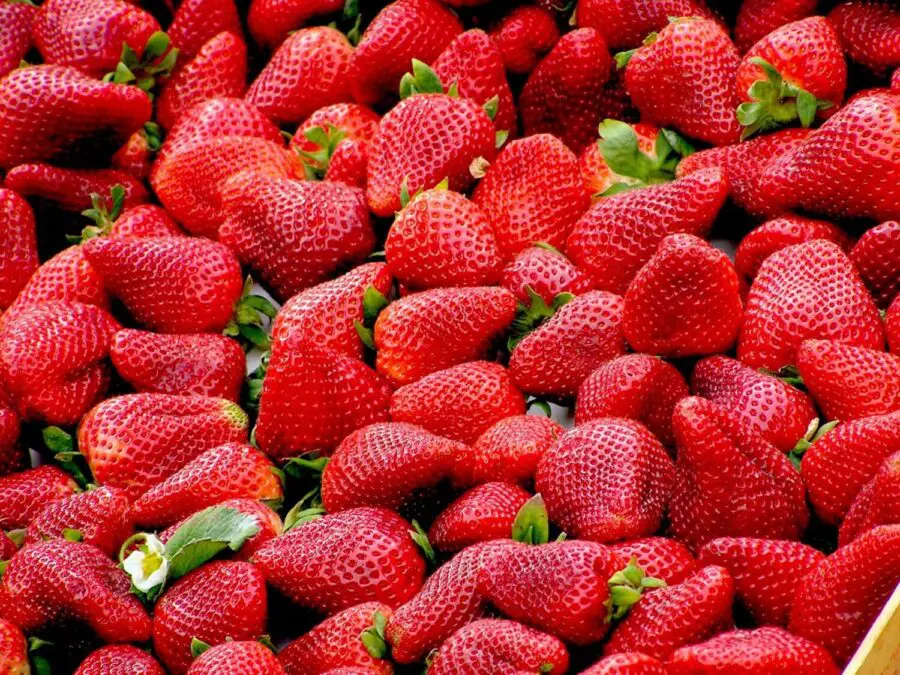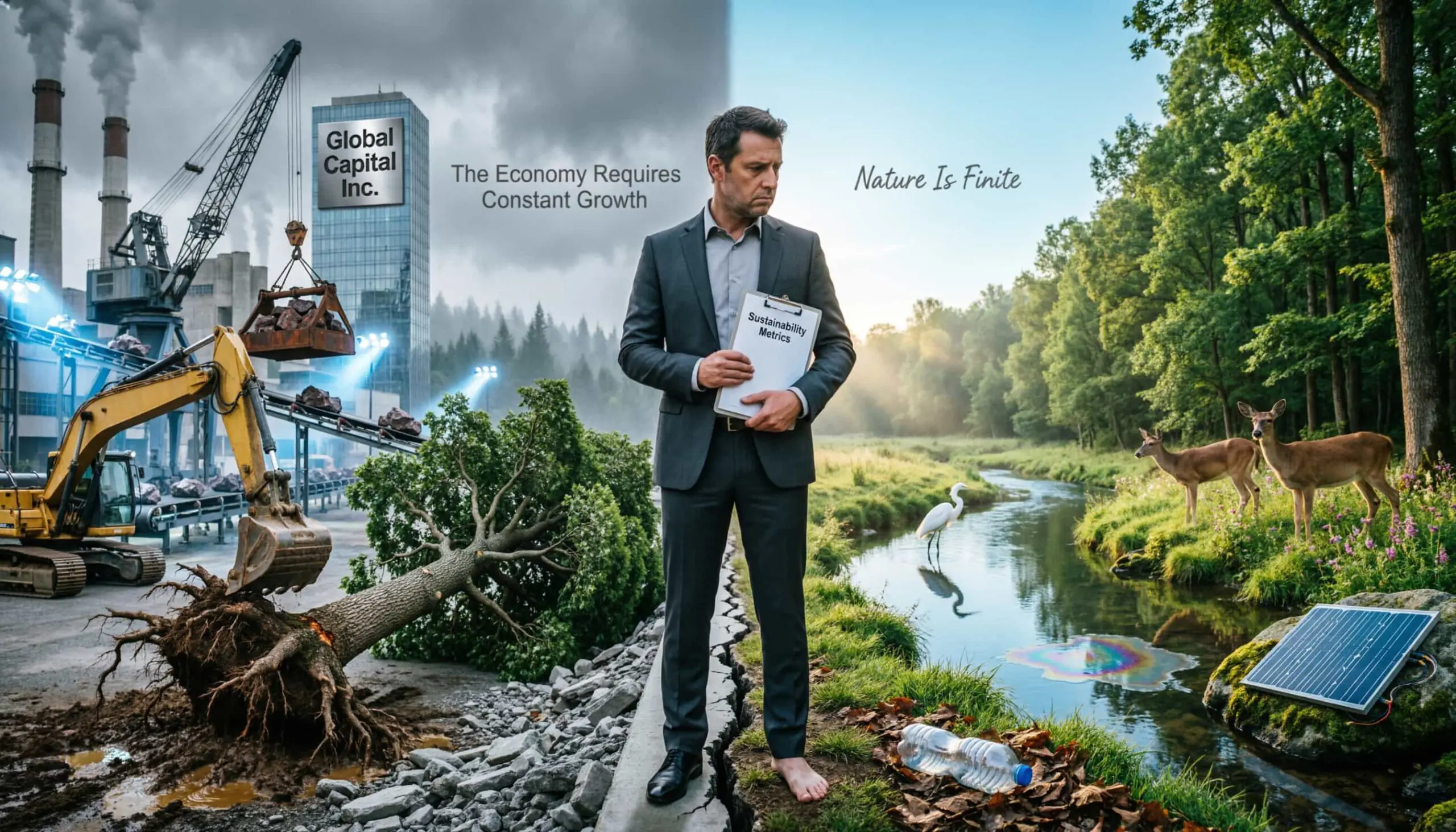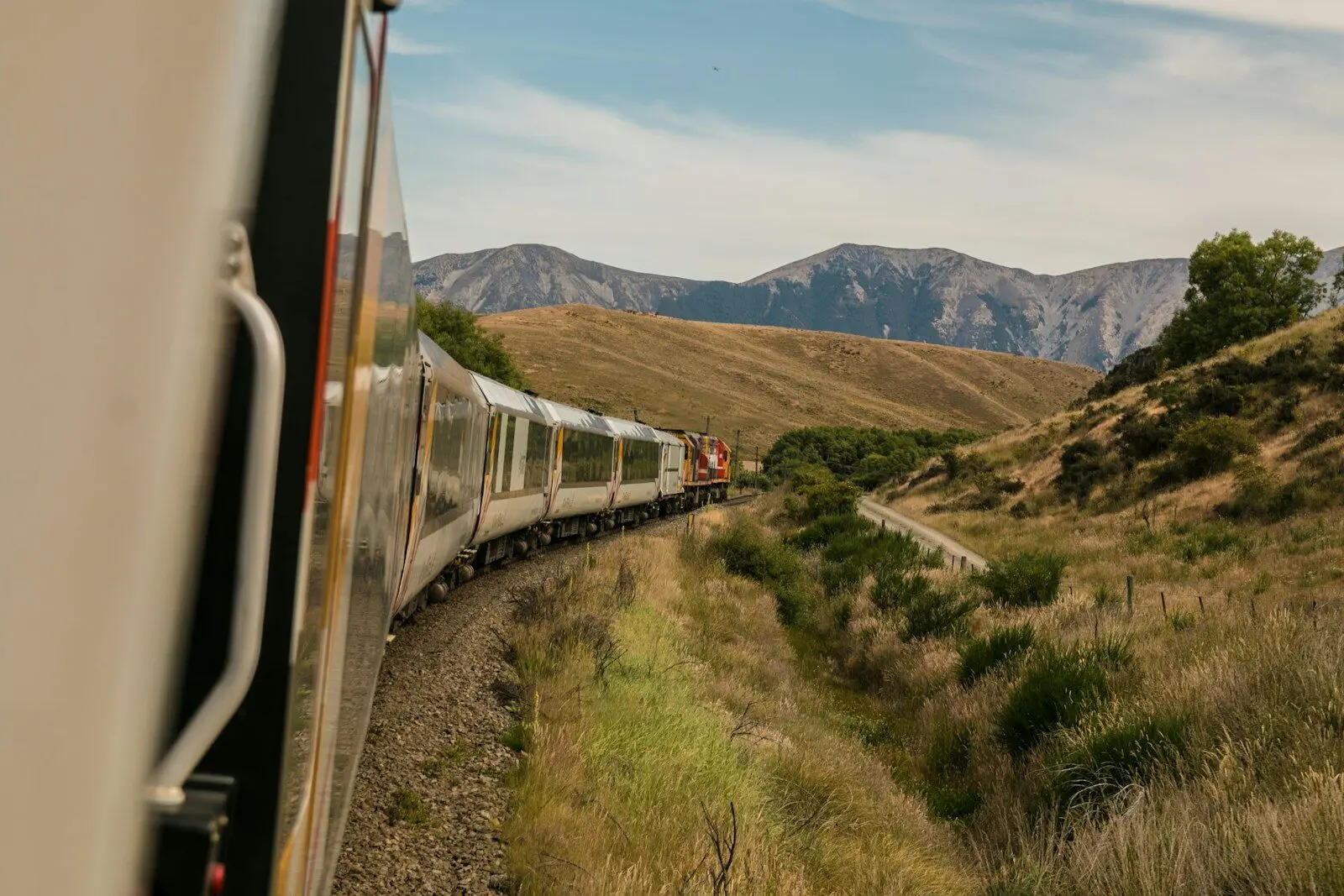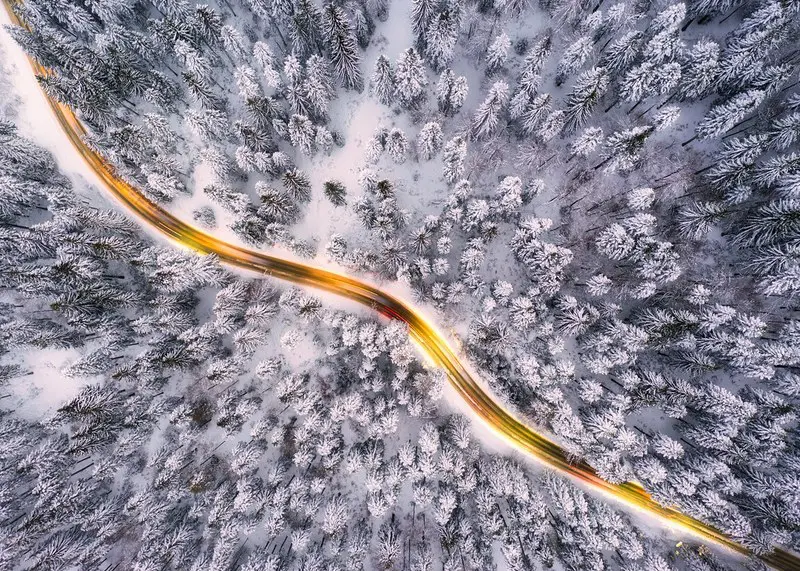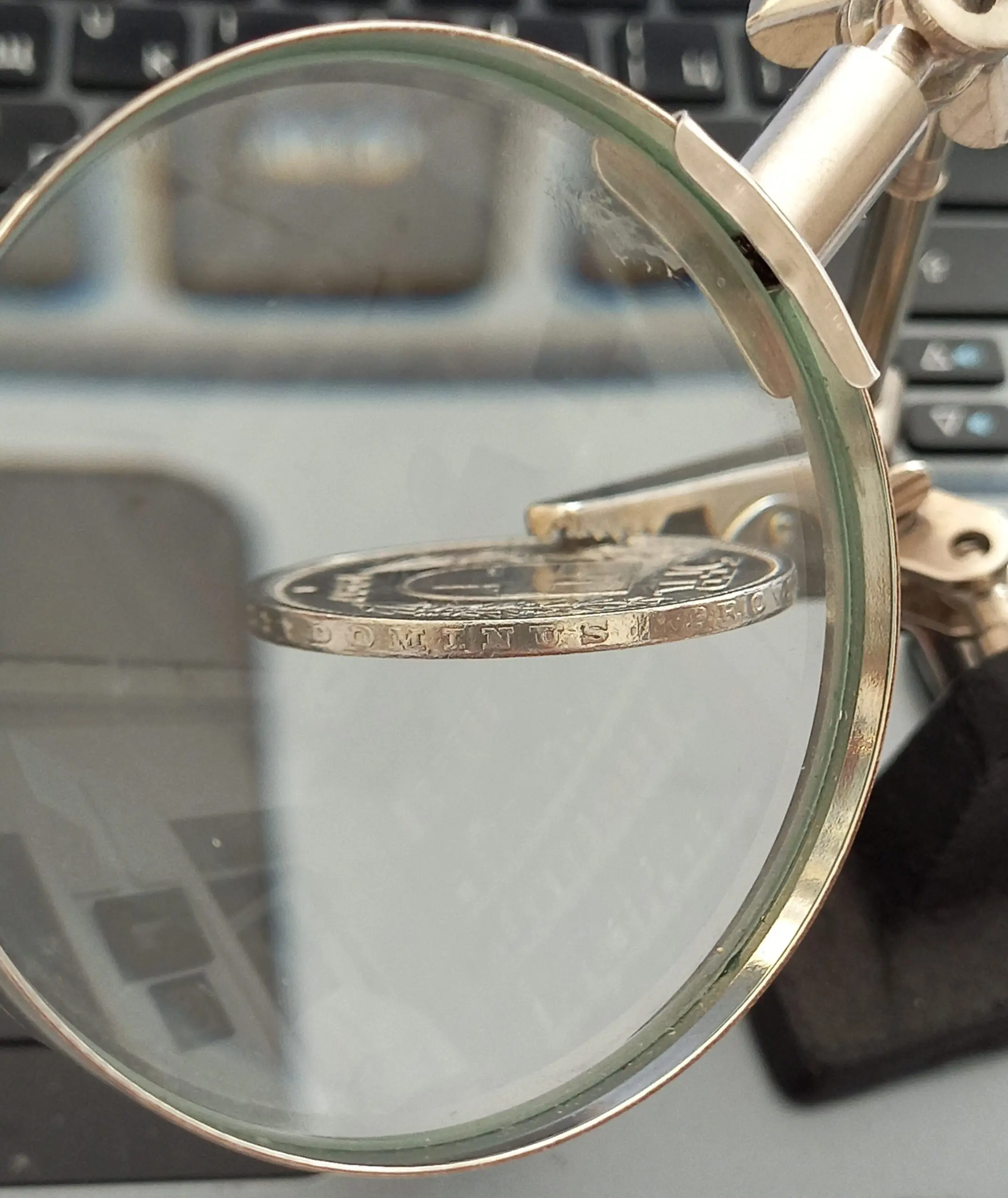A petition calls for the northern European country not to buy or even sell fruit from the southern country, because it is grown with illegal irrigation, which destroys biodiversity
Spanish strawberry growers have criticized a German consumer campaign calling on supermarkets to boycott berries grown near Spain’s Donana wetland, Reuters reported earlier this month.
Spain’s strawberry growers’ association Interfresa said the campaign on German online petition site Campact, which has so far been signed by 150,000 people, was “insidious and harmful to the strawberry and red fruit industry” “.
The lack of rain has put water management under the spotlight in Spain, particularly around the Donana wetland, a reserve in Andalusia threatened by climate change and illegal irrigation on nearby strawberry farms.
The petition in Germany notes that the country sells a huge amount of Spanish strawberries and calls on Edeka, Lidl and other supermarkets to stop selling imported berries grown near the endangered wildlife reserve in southern Spain.
The province of Huelva, where the park is located, produces 98 percent of Spain’s red fruit and 30 percent of the EU’s. It is the largest exporter of strawberries in the world.
The regional government plans to legalize irrigation around Donana, despite scientists warning that the park is in critical condition with lagoons drying up and biodiversity disappearing amid a prolonged drought.
Reducing the amount of water extracted is one of the main solutions to save the wetland, according to scientists.
The association denied that farmers were using water from illegal wells in the national park or that huge amounts of water were being pumped out, as alleged in the petition. She added that they use cutting-edge techniques to ensure efficient use of water.
Interfresa added that the nearest farms to Donana are 35 km away, and the majority of companies in the berry sector are 100 km or more from the area, meaning that only a small proportion of farms will use the irrigation system , which will be legalized if the law is approved.
Strawberries are not the only ones in the spotlight. Early last month, 26 people were arrested for digging illegal wells to grow tropical fruits such as avocados and mangoes in southern Spain amid a prolonged drought. During a four-year investigation, authorities have uncovered more than 250 illegal wells, boreholes and ponds in the Axarquia region of Andalusia, which has been suffering from a drought since 2021.

